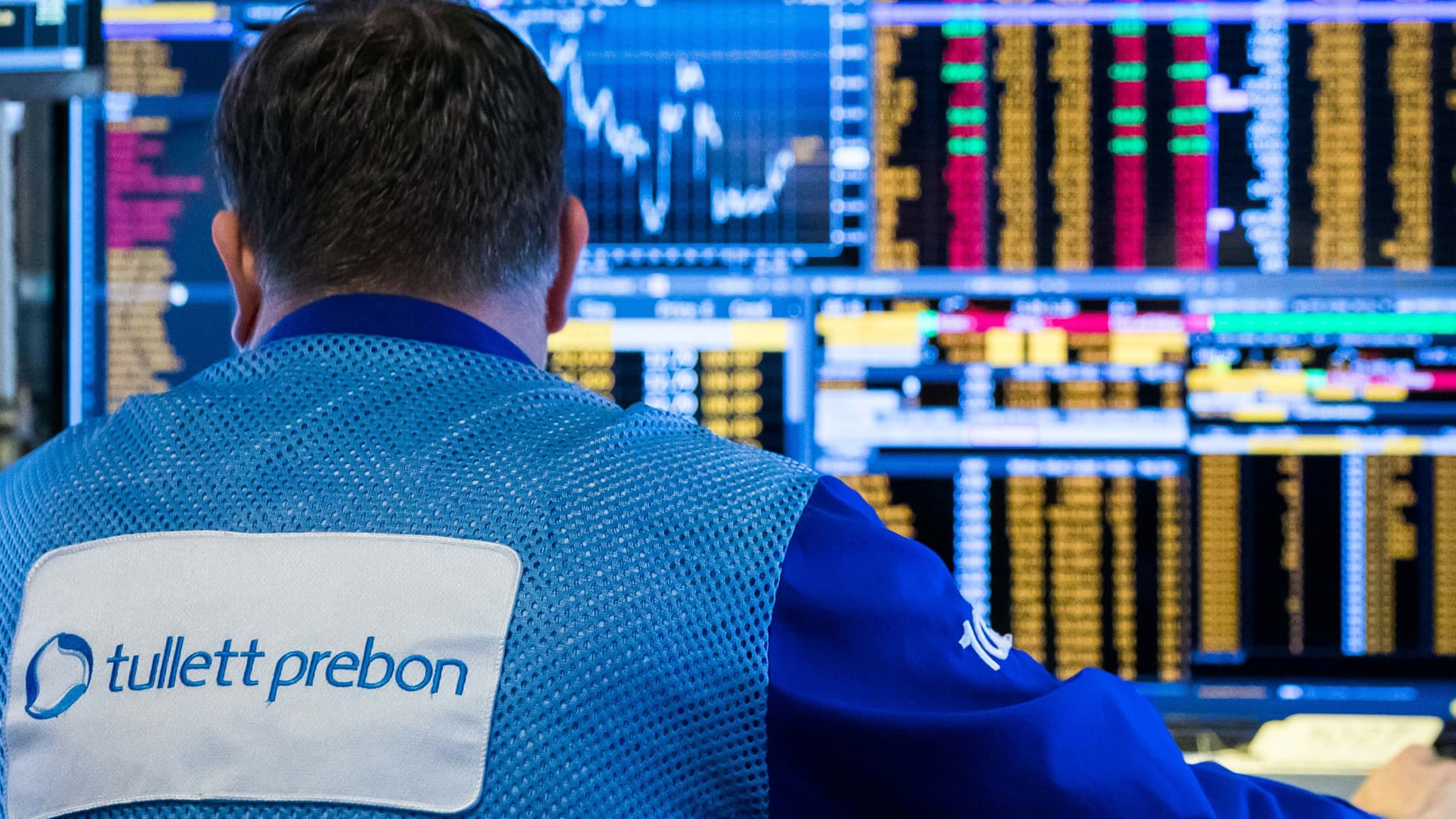[ad_1]
Investors may want to consider JPMorgan’s Equity Premium Income Fund ETF in order to get more reliable gains in the current volatile market environment.
According to the firm, the ETF uses S&P 500 options and proprietary data to generate monthly income for investors. The goal is to provide investors with income even when market uncertainty is high. The fund has been around since May 2020.
JPMorgan’s Bryon Lake is behind the ETF. He told CNBC’s “ETF Edge” this week a defensive approach to investing is key right now, noting the fund aims to invest in companies with quality balance sheets. He listed Hershey, Progressive, and Bristol-Myers Squibb as key names because they historically pay dividends between 2% and 3%.
Yet as of Oct. 31, the ETF is paying a 14% monthly dividend. So, how does that math add up?
“Remember the premium that comes from those options is dictated by the volatility in the market. And if you look at this year, we’ve had volatility so that’s pushed that premium up. Therefore, we’ve been able to harvest that,” according to Lake, global head of ETF Solutions at JPMorgan Asset Management. “Historically, we target about a 6% to 8% yield on this portfolio. … But because of the increased volatility this year, we’re pushing.”
Lake added his clients are always looking for income whether they are bullish or bearish.
“Investors are saying, ‘I want to get completely out of equities. I know that’s an important part of my portfolio. Maybe I’ll own this portfolio where I can harvest some income… provides a little bit of downside protection, and that allows me to navigate these tricky markets as well,'” he said.
Lake acknowledged, though, that things could go wrong.
“The volatility could come down, and therefore we’d be collecting slightly less premium, and that yield would come down along with that,” he said.
The JPMorgan Equity Premium Income Fund ETF is outperforming the S&P 500 year to date. But they’re still both in the red. The ETF is down almost 15% while the S&P is off about 21%.
[ad_2]
Image and article originally from www.cnbc.com. Read the original article here.

